Aphids?
esox07 (4b) Wisconsin
12 years ago
Related Stories
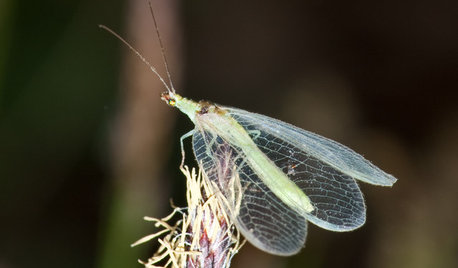
GARDENING GUIDESLook Out for Lacewings: Beneficial Insects Coming to a Garden Near You
Lacewings are delicate insects that produce alligator-like, hungry offspring that devour aphids and other garden pests
Full Story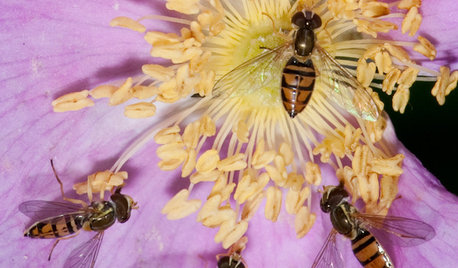
GARDENING GUIDESThis Fly Is One of the Most Beneficial Insects Around
Meet the syrphid fly, a colorful pollinator that also beats chemicals for controlling aphids and other garden pests
Full Story
GARDENING GUIDESGreat Design Plant: Rosa Banksiae a Low-Maintenance Beauty
This thornless, disease- and insect-resistant rose brings showers of white or yellow flowers to the spring garden
Full Story
EDIBLE GARDENSGarden BFFs? Why Your Vegetables Are Begging for Companion Plants
Foster friendships among plants for protection from pests, pollination support and color camaraderie
Full Story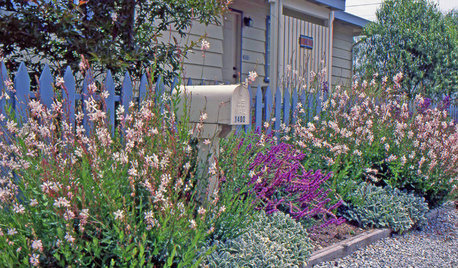
GARDENING GUIDESGreat Design Plant: Gaura Lindheimeri
Delicate, butterfly-shaped flowers ‘float’ above the foliage of this lovely, drought-tolerant perennial
Full Story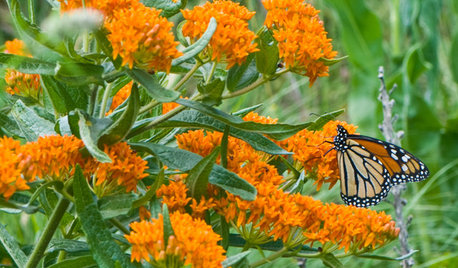
GARDENING GUIDESGreat Design Plant: Butterfly Milkweed, a Beacon in the Prairie
Vivacious orange flowers for you, nectar for the butterflies and bees. Asclepias tuberosa is worth planting for more reasons than one
Full Story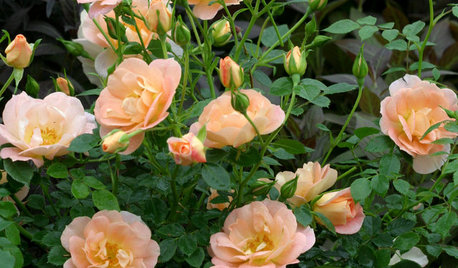
GARDENING GUIDES6 Wonderfully Easy Roses for Any Gardener
Look like an expert even if you're just starting out, with these low-maintenance gems of the rose world
Full Story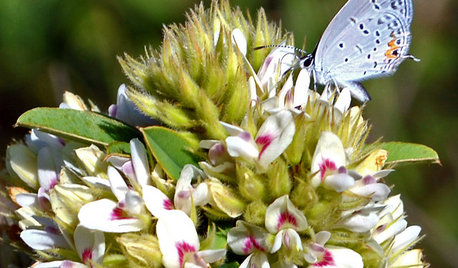
GARDENING GUIDES5 Prairie Wildflowers That Can Heal Your Soil
Get free, organic soil fertilizer with nitrogen-pumping plants that draw pollinators too
Full Story
GARDENING AND LANDSCAPINGBid Bad Garden Bugs Goodbye and Usher In the Good
Give ants their marching orders and send mosquitoes moseying, while creating a garden that draws pollinators and helpful eaters
Full Story
HOUSEPLANTSHow to Force Amaryllis Bulbs Indoors
Enjoy vibrant red blossoms even as gardens turn snowy white, by teaching this hardy repeat performer to ignore the calendar
Full StoryMore Discussions



tsheets
esox07 (4b) WisconsinOriginal Author
Related Discussions
Ants on Okra/ Aphids? attracted by aphids? really?
Q
Aphids vs. Ladybugs---Aphids Winning!!
Q
Re aphids - don't ants eat aphids?
Q
Aphids - Aphids - Aphids HELP
Q
jean001a
User
greenman28 NorCal 7b/8a
esox07 (4b) WisconsinOriginal Author
esox07 (4b) WisconsinOriginal Author
greenman28 NorCal 7b/8a
esox07 (4b) WisconsinOriginal Author
tsheets
don555
esox07 (4b) WisconsinOriginal Author
jean001a
esox07 (4b) WisconsinOriginal Author
tsheets
greenman28 NorCal 7b/8a
esox07 (4b) WisconsinOriginal Author
esox07 (4b) WisconsinOriginal Author
tsheets
esox07 (4b) WisconsinOriginal Author
fiedlermeister
esox07 (4b) WisconsinOriginal Author
tsheets
drmbear Cherry
2ajsmama
don555
esox07 (4b) WisconsinOriginal Author
2ajsmama
esox07 (4b) WisconsinOriginal Author
2ajsmama
esox07 (4b) WisconsinOriginal Author
don555
esox07 (4b) WisconsinOriginal Author
greenman28 NorCal 7b/8a
capt_saicin
esox07 (4b) WisconsinOriginal Author
User
capt_saicin
esox07 (4b) WisconsinOriginal Author
2ajsmama
esox07 (4b) WisconsinOriginal Author
tsheets
2ajsmama
esox07 (4b) WisconsinOriginal Author
redrac
redrac
don555
capoman
capoman
capt_saicin